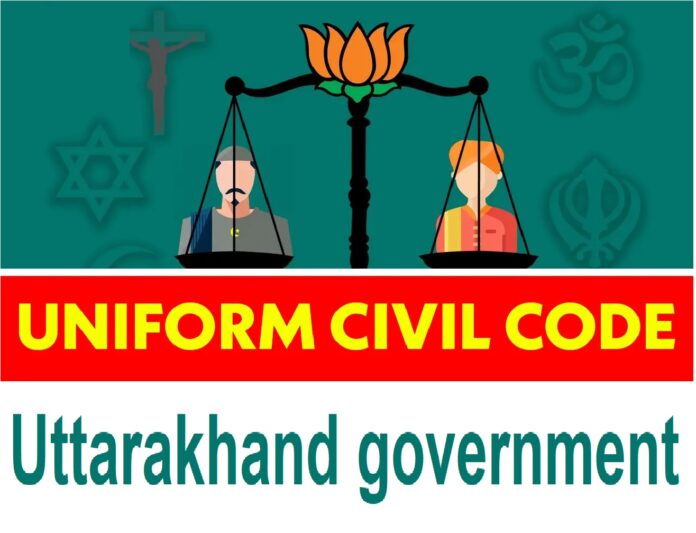The Uttarakhand government, led by Chief Minister Pushkar Singh Dhami, has announced its intention to introduce the Uniform Civil Code (UCC) Bill during the forthcoming Assembly session on September 5th, in a landmark move that promises to transform legal and social landscapes. This audacious endeavor has sparked great interest and anticipation as it tries to integrate and simplify personal rules governing numerous parts of life, such as marriage, divorce, inheritance, and others. The UCC’s impending adoption has been a source of controversy and debate, and Chief Minister Dhami’s declaration that the UCC will go into force this year adds to the urgency and significance of this event.
The Vision of the UCC
The Uniform Civil Code is a comprehensive legal framework that aims to integrate the various personal laws that now govern India’s various religious communities. The UCC’s core premise is to create a common set of norms and regulations that apply to all citizens, regardless of religious affiliation. This approach aims to promote social cohesion, equality, and justice while also resolving the complications and injustices that have evolved as a result of several personal laws coexisting.
Pledge of Chief Minister Pushkar Dhami
The vow of Chief Minister Pushkar Singh Dhami to implement the UCC by the end of the year indicates the government’s willingness to rectify long-standing legal ambiguities and inconsistencies. His assurance comes at a time when the need for a consistent legal framework has grown in importance as a result of changing societal dynamics and the need to protect individual rights and gender equality. Citizens, legal experts, and researchers are optimistic about the UCC, believing that it will not only streamline legal processes but also contribute to a more equal society.
Accepting Diversity and Promoting Unity
The implementation of the UCC is not an attempt to destroy India’s rich cultural and religious diversity. Instead, it represents a step toward embracing variety while encouraging unity and commonality. The UCC attempts to create a legal system that is just, uniform, and representative of contemporary cultural values by streamlining personal laws that have frequently resulted in legal complexities and disparities.
Navigating Difficulties and Obtaining Consensus
Without a doubt, the road to implementing the UCC is not without difficulties. There are difficulties about achieving a balance between individual rights and collective practices, given the strongly rooted religious and cultural ideas that impact personal legislation. Chief Minister Dhami’s commitment to encouraging conversation and achieving consensus, on the other hand, indicates the government’s resolve to handle these issues completely.
Impact on Society Expected
The Uniform Civil Code has the potential to have a far-reaching impact on society. The UCC could simplify legal procedures connected to marriage, divorce, inheritance, and other important elements of life by providing a consistent legal framework. This standardization is supposed to improve legal clarity, reduce litigation, and ensure that citizens from different backgrounds face the same set of laws, producing a more just and equitable society.


